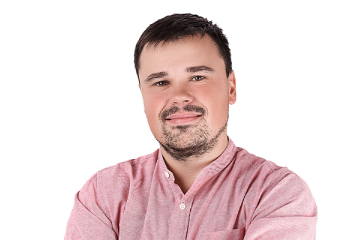In today’s rapidly advancing digital landscape, the Internet of Things (IoT) has emerged as a powerful force with the potential to revolutionize the healthcare and life sciences industry. By integrating smart devices, sensors, and data analytics, IoT is transforming how healthcare is delivered, monitored, and managed. The future of IoT in healthcare holds immense promise, offering innovative solutions to enhance patient care, improve operational efficiency, and drive advancements in medical research.
This article delves into the exciting possibilities, exploring IoT’s potential applications, benefits, and challenges in shaping the future of healthcare and the life sciences industry. Let’s dive deeper into the topic.
IoT in Healthcare Today: Numbers and Facts
There are different reasons for the rapid technological progress in healthcare. The latest one is COVID-19, with the lockdown and increased need for remote services. Medical science is also evolving and creating demand for new services and solutions. The breakthrough in healthcare is occurring right now, and the process will scale and fasten in the next few years.
According to Straits Research, the volume of the global IoT market was $99.58B in 2022. Moreover, it is expected to reach $486.34B by 2031, increasing at a CAGR 0f 19.27% during the forecast period. Such serious numbers indicate the topicality of development in the field. More and more clinics implement connected devices and software solutions for their practical use. The future of IoT in healthcare is undoubtedly prospective.
The New Medical Reality: IoT in Different Fields of Healthcare and Life Sciences.
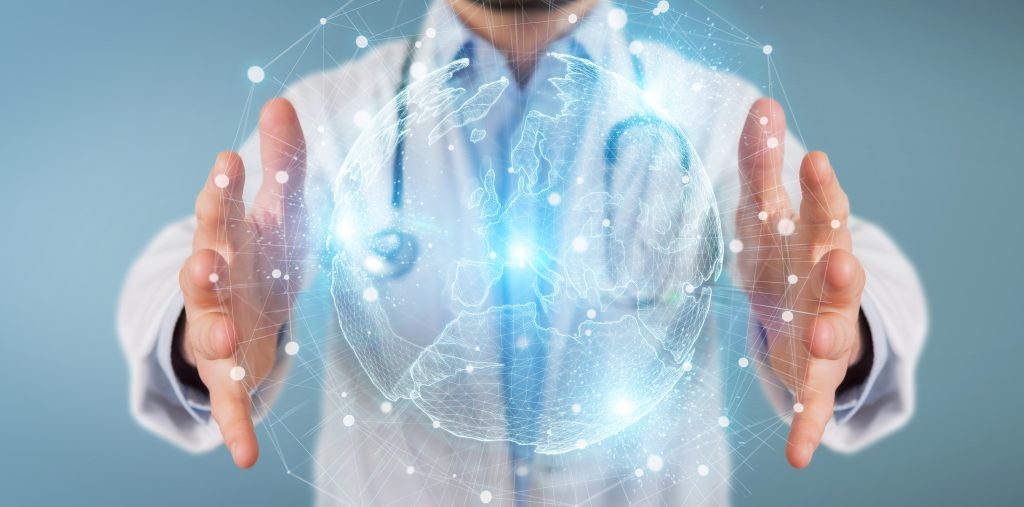
Connected devices play a significant role in chronic disease monitoring and preventing dangerous conditions. They also simplify patient care in the hospital and at home, and are very useful for older adults. When it comes to emergency responses, IoT can save lives.
IoT changes many branches of medicine, enabling new quality of remote services, clinical trials, new brain surgery, and other essential improvements.
New opportunities for laboratory testing and data exchange between the labs and the care points enable immediate improvements in the treatment quality.
The role of connected devices for sports also should not be underestimated. The data from smart sensors are combined with advanced analytics and game videos to create more opportunities for interactions between sportspeople, coaches, and fans. The solution for safety and health control of sports players become popular, and so the fan engagement devices and applications do. The future of IoT for fitness and sports has great potential for further development and could give teams and individual athletes many benefits.
Let’s zoom in to take a closer look at how IoT is changing specialties and how it shapes their future.
The Future of IoT in Cardiology
Heart diseases cause most of all deaths in the United States. Cardiologists keep fighting to save people’s lives and educate the population about the reasons and symptoms of the diseases. So, the solutions in the field are significant for all humanity.
How can IoT help?
As heart illnesses progress gradually, it’s vital to track the early signs of deviations and adequately treat them. Remote patient monitoring is also essential for the present and the future.
For example, an IoT-based heart disease monitoring system gives an objective estimate of the patient’s state. The system of health monitoring devices enables tracking the symptoms, not feelings. The device allows real-time monitoring of multiple parameters, such as blood pressure, oxygen level, ECG, SpO2, heart rate, pulse rate, blood fat, and blood sugar level. The results help doctors and medical personnel make decisions about prevention or treatment plans, hospitalization, immediate interventions, etc.
The Future of IoT in Mental Health
The use of IoT in the mental health sphere is a breakthrough. IoT based systems for brain activity monitoring give the scientists more information about the processes in the nervous system. Internet of things in healthcare and smart sensors enable noting the physical manifestation of mental diseases. IoT empowers neuroscience, and gives new opportunities to brain surgery: electrode implants can decrease the symptoms of severe chronic illnesses and let them live with fewer medications.
Internet of things medical devices for diagnostics and treatment of depression, anxiety disorder, and epilepsy started a new era of comfortable therapy and reduced stigma of psychiatric issues.
Connected to web and mobile applications, sensors for real-time monitoring the patient’s state let them receive the treatment at home, thus reducing the hospital’s expenses. In sensitive mental matters, a home environment with its comfort can become a crucial factor for a successful recovery.
The Future of IoT in Surgery
Surgical departments of hospitals develop together with technological innovations. IoT really empowered the branch. Connected devices even enable doctors to conduct remote operations. Due to the smart appliances, the surgeon could manipulate the instruments in the local hospital, 3000 kilometers away. Of course, such a breakthrough has many threats and challenges as of today, including the quality of the Internet connection. But spreading the 5G network in the nearest future will make contact more reliable, so the surgical interventions of high quality will be available in the hospitals not depending on their location.
The Future of IoT in Smart Solutions for Fitness

Consumer devices for different kinds of physical activities become increasingly popular, but smart health monitoring devices are the things that enable individual approach in training. Connected sensors in the wristbands, floor scales, and other devices monitor the body condition and transfer it to the mobile devices. And the applications track the progress, set ratings and enable exchanging the results with the sports team members, or the coach.
But tracking the exact measures of sports activities are not the only opportunities IoT gives to fitness. The recent months have shown the topicality of productive remote activities in all the fields, including physical training. And virtual workouts empowered by connected devices helped many people get remarkable results during the lockdown.
There are many reasons to implement IoT into every branch of medicine in the future, but the main ones remain:
- Improving patients’ health. IoT ensures every tiny detail is taken into consideration when evaluating the patient’s state. Such accurate measuring and the speed of data exchange enable timely decisions and corrections of treatment plans.
- Promoting preventive care. Preventing diseases is a prospective direction, and it is evolving together with the opportunities to track all the changes in the patient’s condition given by Healthcare IoT solutions.
- Quick data operations. Collecting and connecting large amounts of data enable taking advantages of quantified health technology. Precious measurement enables better care quality and improvements in developing treatment protocols.
- Enhancing patient engagement. The optimized workflow in the clinic makes the process of communication with the patients convenient and straightforward. Patients can communicate with their physicians through customized mobile applications, and the family of the patient can be informed about the surgery right from the operational room.
- Advancing care management. The ability to monitor the patient’s health in a comfortable home environment is economically beneficial and convenient for healthcare providers.
The Opportunities and the Challenges
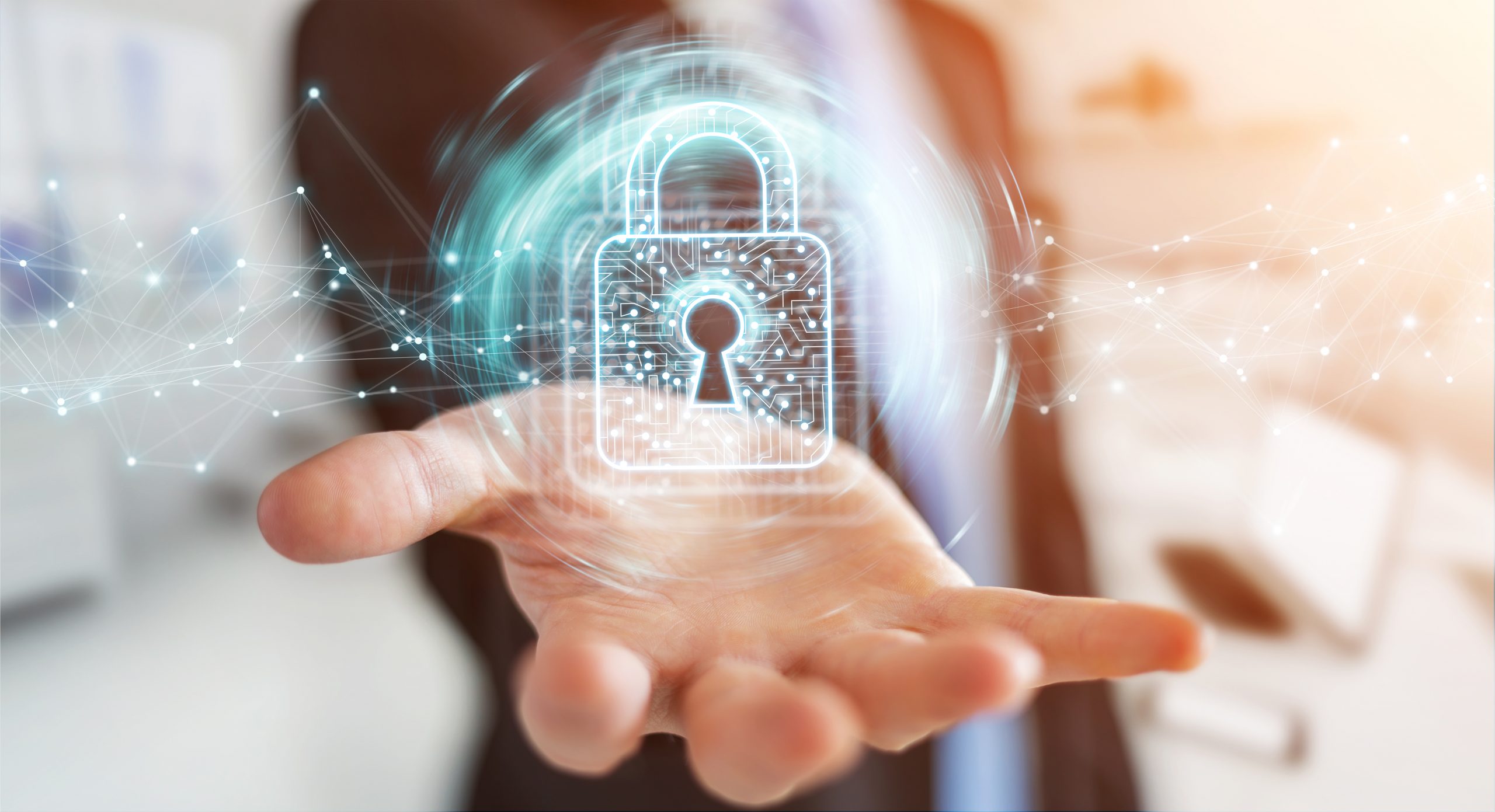
Though IoT is giving many fantastic opportunities to the fields of medicine and life sciences, there still are some threats and needs for improvements.
Healthcare Iot security remains one of the biggest concerns, as the accessibility of the information in real-time mode is an ambivalent characteristic. Healthcare software development companies are searching for new methods of data storage and transfer. There are already some results: the IoT-oriented data placement method called IDP, or an encryption technique with radio frequency identification.
Compliance of IoT solutions with the international legal regularities such as HIPAA and GDPR is also a need, and all the health monitoring devices entering the market should be appropriately certified.
Another critical issue is the obsolescence of the existing software systems of the hospitals. This requires an additional step in updating the system before introducing the new IoT devices into it. Empeek has an experience of replacing the existing system by the new and effective solution and witnessed the changes in the company’s workflow and profitability.
Medicine and Technology: Beneficial Collaboration
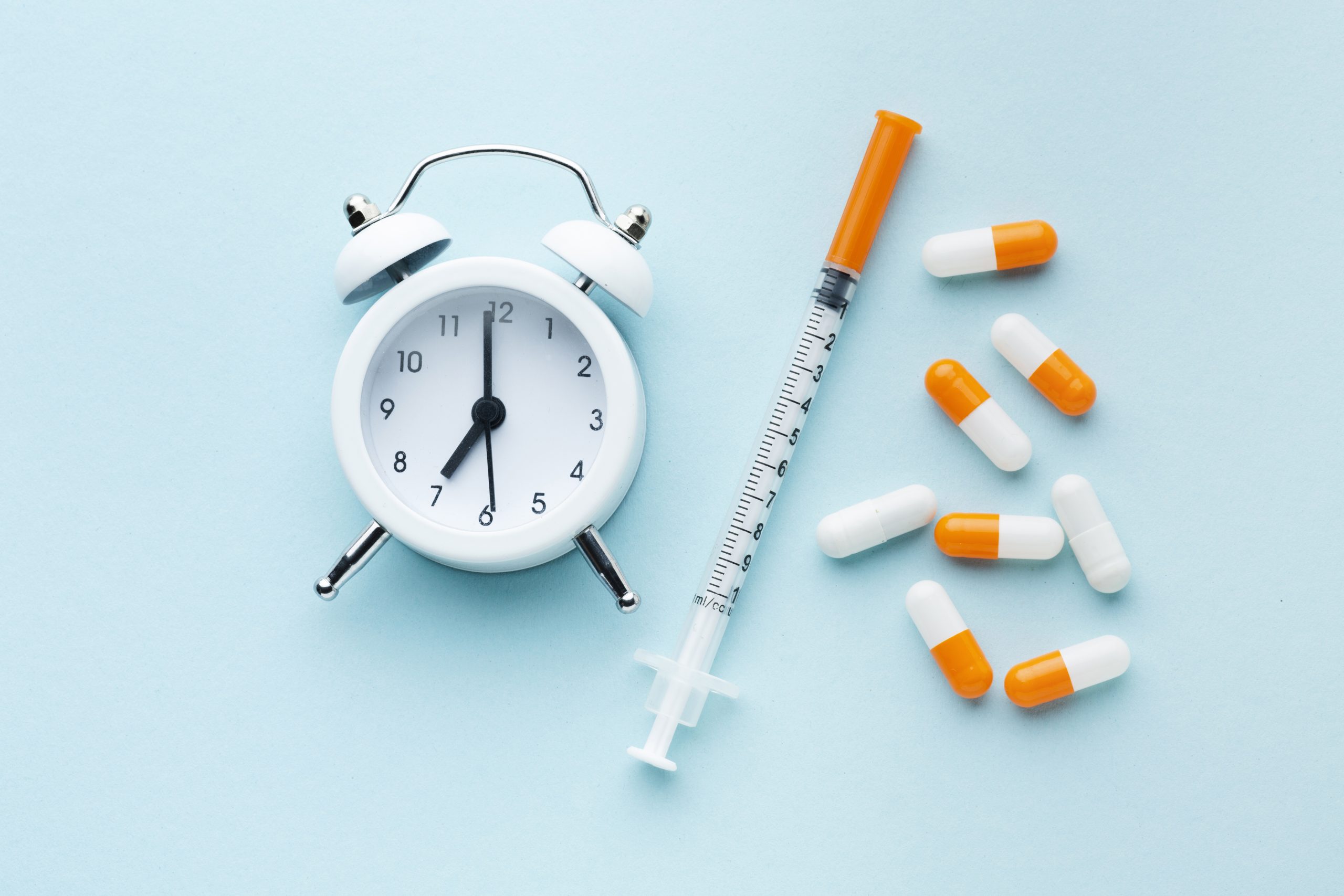
The benefits of implementing IoT in healthcare in the future are clear:
Better management of drugs and medicine adherence. In patients with mental illnesses or older adults, it’s essential to control the treatment plan’s execution. It impacts not only the quality of treatment for the individual but also enables evaluation of the treatment effectiveness and searching for improvements.
Reducing or eliminating human errors in measurement and data input. The direct data transfer from the IoT sensors to the doctor’s device is the modern and actual way of information exchange. Decreasing the need for test repeating or additional consulting helps save the patients’ time and helps get the best experience.
Economic benefits. In the future, the development of IoT applications for healthcare reduces the need for hospitalization, reducing unnecessary costs for hospitals.
Clinics and hospitals are not the only kinds of organizations experiencing the advantages of healthcare IoT. Governmental organizations, research institutes, and surgical centers also benefit from technological innovations.
Coming Up Soon: Healthcare IoT Has a Promising Future
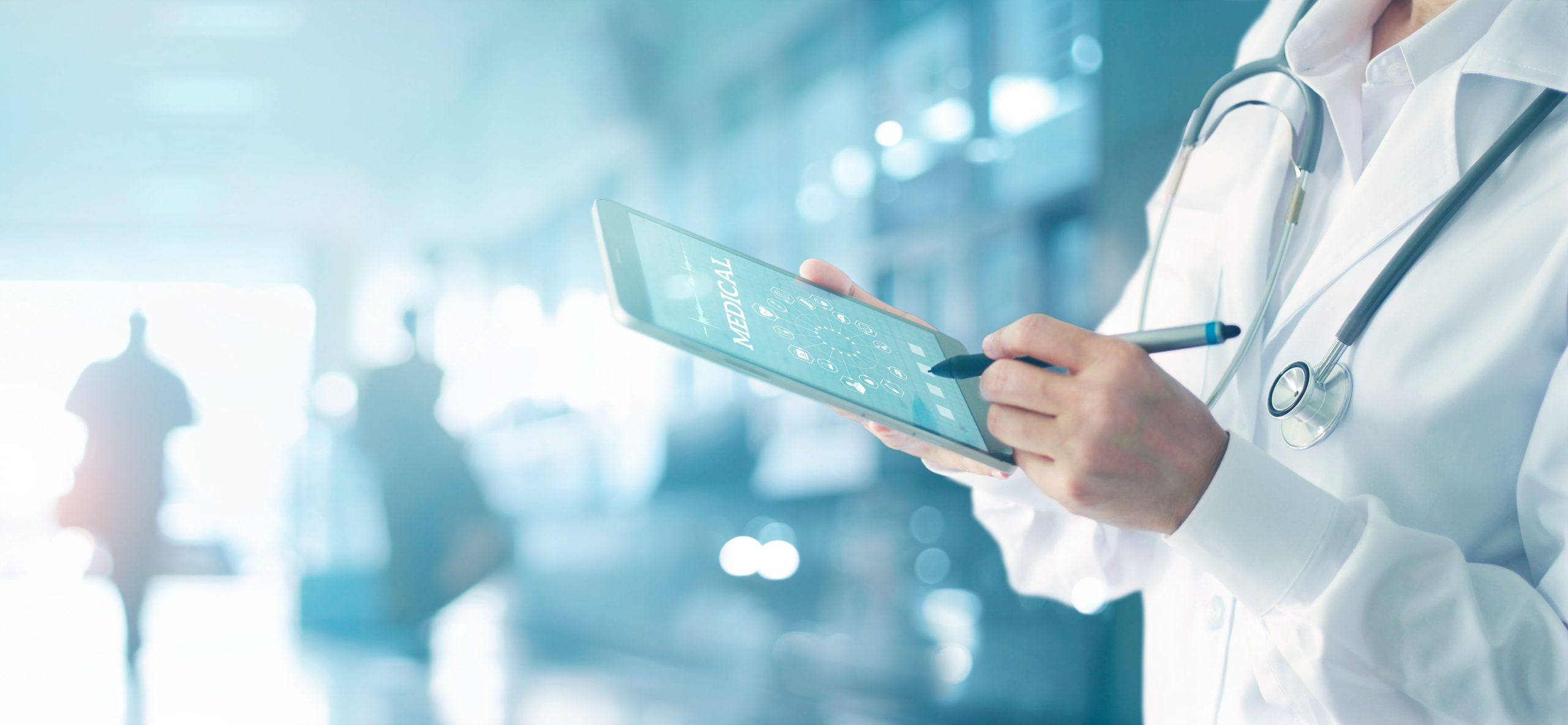
Despite all the iot medical device challenges, IoT keeps changing the healthcare industry worldwide, and the scope of innovations is continually growing.
Many solutions are under development now and should hit the market in the near future, for example:
- Smartwatch-based device for atrial fibrillation screening,
- Devices for treating sleep disorders,
- More smart implants,
- Devices and applications for automated anesthesia circuit,
and many other ways of technology implementation.
The successful implementation of IoT in a facility needs a range of other technology solutions. So the progress in smart sensors and software for them is connected with the solutions for data storage, speed communication, proper iot security in healthcare, and compliance.
Connected devices are making communication between doctors and patients more effective. And due to the possibility to connect laboratories and their research with doctors, timely decisions can be made, and proper treatment plans can be developed. With the appropriate security solutions, IoT for healthcare can be the factor of increasing the quality of people’s health, deepening the awareness of prevention and the complex interventions’ becoming available in remote areas. The speed and effectiveness of medical services are moving to a new level.
Final Words
In conclusion, the future of IoT promise to bring healthcare and the life sciences industries to new dimensions. With the rise of connected devices and advanced software solutions, healthcare organizations are witnessing a transformation in patient care, disease management, and medical research. The numbers and facts speak for themselves, indicating IoT’s growing importance and relevance in this field.
IoT is driving significant advancements from remote patient monitoring and chronic disease management to revolutionizing surgical procedures and improving mental health treatment. It enables precise patient data tracking, promotes preventive care, enhances patient engagement, and advances care management.
With our experience in healthcare technology and software development, Empeek can assist in implementing IoT solutions tailored to the specific needs of medical device manufacturers, care providers, and healthcare organizations.
Our experienced team will help you configure cutting-edge software architecture, develop data analysis algorithms, and integrate IoT devices seamlessly into existing healthcare systems. We offer a flexible approach by assembling a dedicated team to cover the entire software development lifecycle or by providing specialized services to accelerate product launches.
Got a project idea in mind? Do contact us.
